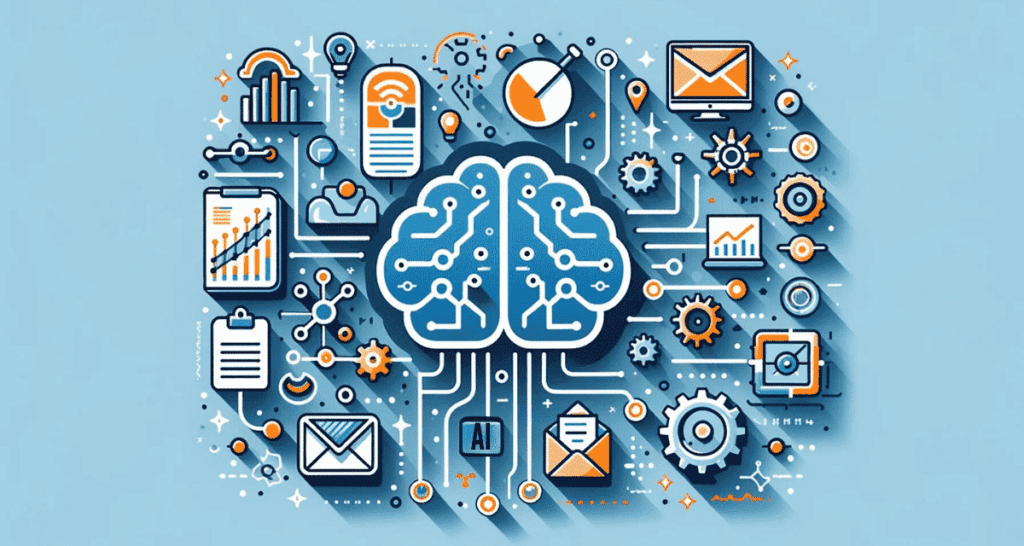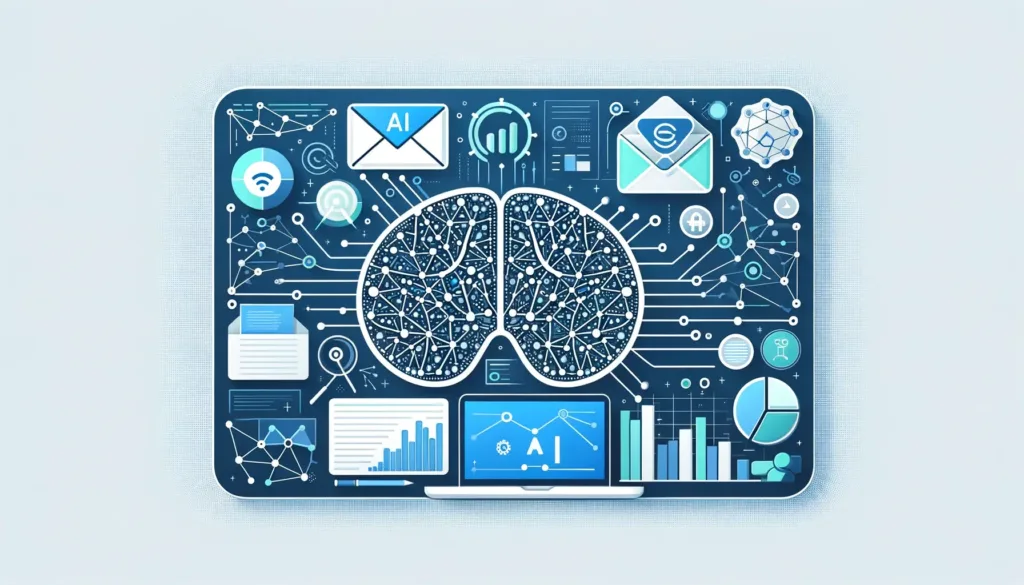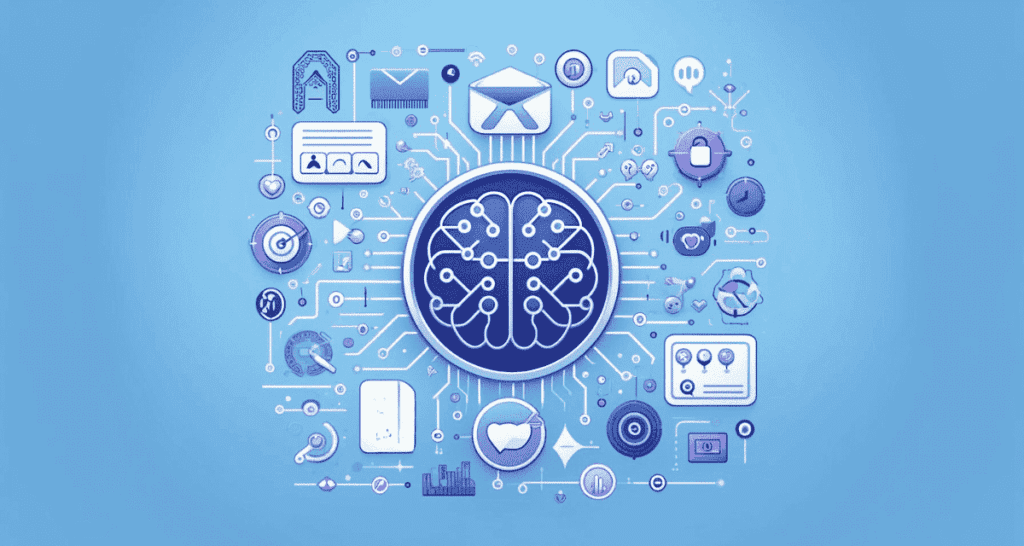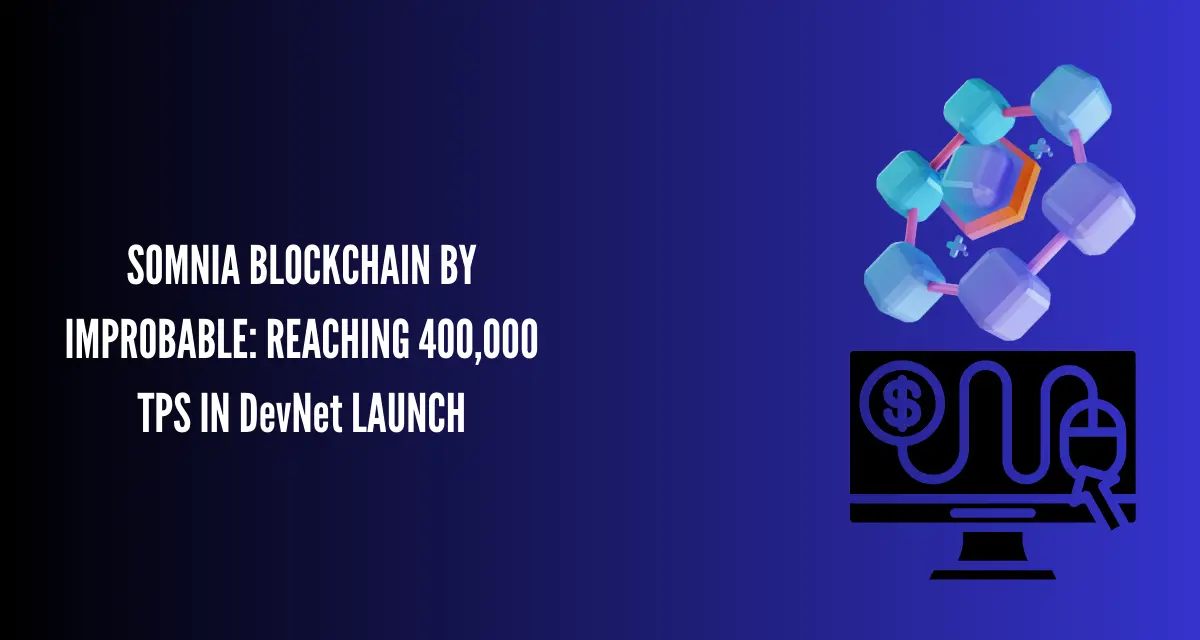The Evolution of Email Marketing
Email marketing has significantly evolved since it began. Once considered a basic communication tool, it has now evolved into a powerful marketing strategy. With the advent of Artificial Intelligence (AI), email marketing is undergoing a significant transformation.
In the early days, email marketing was about sending the same message to a broad audience. This approach, known as “batch and blast,” was not very effective. As technology advanced, marketers began to segment their audiences and tailor messages to specific groups. This was a significant improvement, but it still had limitations.
Importance of AI in Email Marketing
AI is transforming numerous industries, including email marketing. AI can analyze vast amounts of data, personalize content, and automate tasks, making it a game-changer for marketers.
AI allows for a level of personalization and efficiency that was previously unimaginable. By leveraging AI, marketers can send highly targeted emails that resonate with individual recipients, resulting in higher engagement rates and better return on investment (ROI).
Purpose of This Guide
In this guide, we will explore the benefits and steps to integrate AI with email marketing in 2024. We will cover the role of AI, how to implement it, who can benefit from it, and the impact it can have on your marketing strategy. Whether you’re a beginner or a professional, this guide will provide valuable insights and actionable steps to enhance your email marketing efforts.
Understanding AI in Email Marketing
What is AI?
Artificial Intelligence (AI) refers to the simulation of human intelligence in machines. These machines are designed to think and learn like humans, performing tasks such as data analysis, language processing, and decision-making.
AI can swiftly and accurately analyze large datasets, uncovering patterns and trends that humans might miss. This ability to analyze data and learn from it is what makes AI so powerful.
AI Technologies in Email Marketing
Several AI technologies are particularly relevant for email marketing:
Machine Learning: Helps predict customer behavior and preferences. Machine learning algorithms analyze past interactions to make accurate predictions about future behavior. For example, machine learning can predict which products a customer is likely to buy based on their browsing history.
Natural Language Processing (NLP): Interprets and comprehends human language. NLP allows AI to understand and generate human language, making it possible to create personalized and engaging email content.
Predictive Analytics: Uses historical data to forecast future outcomes. For example, it can predict which customers are likely to open an email or make a purchase.
Current Trends in AI for Email Marketing

AI in email marketing is evolving rapidly. Recent trends include hyper-personalization, advanced segmentation, and automated content generation. These advancements are helping businesses create more effective and engaging email campaigns.
Hyper-Personalization: AI enables hyper-personalization by analyzing data at an individual level. This allows marketers to send emails that are tailored to each recipient’s preferences and behavior.
Advanced Segmentation: AI can segment audiences into highly specific groups based on various criteria such as behavior, demographics, and purchase history. This allows for targeted marketing campaigns that resonate with specific audience groups.
Automated Content Generation: AI can generate email content based on predefined criteria. This encompasses customized subject lines, product suggestions, and personalized offers. Automated content generation saves time and ensures consistency across email campaigns.
The Role of AI in Email Marketing
Personalization
AI customizes email content for individual users. By analyzing user behavior and preferences, AI can tailor emails to match each recipient’s interests, resulting in higher engagement rates. For example, if a customer frequently buys sports equipment, AI can send emails featuring the latest sports gear, making the content more relevant and engaging.
Segmentation
AI helps create precise customer segments based on various criteria such as behavior, demographics, and purchase history. This allows for targeted marketing campaigns that resonate with specific audience groups. AI can identify micro-segments within your audience, enabling you to deliver highly targeted messages.
Automation
AI-driven automation streamlines email marketing processes. Tasks such as sending welcome emails, follow-ups, and promotional offers can be automated, saving time and reducing manual effort. Automated workflows ensure that your emails are sent at the right time, increasing the likelihood of engagement.
Predictive Analytics
Predictive analytics uses AI to forecast customer behavior. It can predict the best times to send emails, the type of content that will perform well, and the likelihood of conversions. This data-driven approach helps optimize email marketing strategies, making them more effective and efficient.
Benefits of Integrating AI with Email Marketing
Increased Engagement
With personalized content, emails are more likely to be opened and clicked. AI helps create relevant and timely emails, leading to higher engagement rates. Personalized subject lines and dynamic content increase the chances of capturing the recipient’s attention.
Efficiency
AI automates many aspects of email marketing, from segmentation to content creation. This saves time and resources, allowing marketers to focus on strategy and creativity. Automation reduces the risk of human error and ensures consistency across campaigns.
Improved ROI
AI-driven email campaigns are more effective, resulting in a higher return on investment (ROI). By targeting the right audience with the right message at the right time, AI helps maximize marketing efforts. Higher engagement rates and conversion rates translate to better ROI.
Enhanced Customer Experience
AI ensures that customers receive valuable and relevant content. This improves the overall customer experience, leading to increased satisfaction and loyalty. Personalized recommendations and timely offers make customers feel valued, enhancing their relationship with your brand.
How to Integrate AI into Your Email Marketing Strategy

Choosing the Right AI Tools
Selecting the appropriate AI tools is crucial. Look for platforms that offer features such as predictive analytics, automation, and personalization. Some popular tools include HubSpot, Mailchimp, and Marketo.
Evaluate these tools based on your specific needs and budget. Consider factors such as ease of use, integration capabilities, and customer support.
Data Collection
High-quality data is essential for AI to be effective. Collect data from various sources such as website analytics, social media, and customer interactions. Ensure that your data is accurate and up-to-date.
The more data you have, the better AI can understand your audience and make accurate predictions. Consistently update and cleanse your data to ensure its quality.
Segmentation and Targeting
Leverage AI to segment your audience by behavior, preferences, and demographics. This allows you to target specific groups with tailored content, improving the relevance and effectiveness of your emails.
AI can identify patterns and trends that manual segmentation might miss. This enables more precise targeting and better results.
Content Personalization
Create dynamic and personalized email content using AI. This may involve customized subject lines, product recommendations, and personalized offers. Personalization helps capture the recipient’s attention and increases engagement.
Use AI to analyze past interactions and predict what type of content will resonate with each recipient. This guarantees your emails remain relevant and engaging.
Automating Campaigns
Set up AI-driven automated email workflows. This may include welcome emails, follow-up messages, and re-engagement campaigns. Automation ensures that your emails are sent at the right time, enhancing their impact.
Automated workflows save time and reduce manual effort, allowing you to focus on strategy and creativity.
Analyzing Performance
Use AI analytics to monitor and improve your email campaigns. Examine open rates, click-through rates, and conversion rates to identify successful elements and areas for improvement. Use these insights to refine your strategy and enhance results.
Regularly review your campaign performance and make adjustments based on AI insights. This continuous improvement process ensures that your email marketing remains effective.
Example Campaigns
Here are some examples of successful AI-integrated email campaigns:
Welcome Series: Automated welcome emails with personalized content for new subscribers. AI can analyze the subscriber’s behavior and interests to send relevant welcome emails.
Abandoned Cart: AI-driven emails reminding customers of abandoned carts with personalized product recommendations. This can help recover lost sales by encouraging customers to complete their purchases.
Re-engagement: Targeted emails to re-engage inactive subscribers with tailored offers. AI can identify inactive subscribers and send personalized offers to bring them back.
Challenges and Solutions
Integration Complexity
Integrating AI with existing systems can be challenging. Work with experienced professionals and choose AI tools that offer easy integration with your current platforms.
Plan your integration carefully and allocate sufficient resources to ensure a smooth transition. Test your systems thoroughly before fully implementing AI.
Budget Considerations
AI tools can be expensive. Start with a pilot project to test the effectiveness of AI in your email marketing. Gradually scale up as you see positive results.
Look for AI tools that offer flexible pricing plans and start with the basic features. As your needs grow, you can upgrade to more advanced features.
Continuous Learning
AI is constantly evolving. Stay updated with the latest advancements and train your team regularly. This will help you leverage AI effectively and stay ahead of the competition.
Encourage a culture of continuous learning within your team. Attend webinars, workshops, and conferences to stay informed about the latest AI trends and best practices.
Future Trends in AI and Email Marketing
AI and Predictive Analytics
Predictive analytics will become even more sophisticated. AI will provide deeper insights into customer behavior, enabling more accurate predictions and better decision-making.
Future advancements in predictive analytics will allow marketers to create even more personalized and targeted email campaigns, resulting in higher engagement and conversions.
Voice-Activated Emails
Voice-based email interactions are on the rise. AI will enable voice-activated emails, allowing users to compose and read emails using voice commands.
This trend will make email marketing more accessible and convenient, especially for users who prefer voice interactions over typing.
AI-Generated Content
AI will play a significant role in content creation. Tools like chatGPT can generate email content that is relevant, engaging, and personalized.
AI-generated content will save time and resources, allowing marketers to focus on strategy and creativity. It will also ensure consistency and quality across email campaigns.
This article Utilizing ChatGPT for Secure Content Creation will help you understand the content creation with AI.
Customer Journey Mapping
AI will enhance customer journey mapping by providing insights into customer behavior at every touchpoint. This will help create seamless and personalized experiences for customers.
By understanding the customer journey, marketers can send the right message at the right time, improving the overall customer experience and increasing engagement.
Conclusion
Recap of Benefits
Integrating AI with email marketing offers numerous benefits, including increased engagement, efficiency, improved ROI, and enhanced customer experience.
AI enables personalized and targeted email campaigns that resonate with recipients, resulting in higher engagement rates and better ROI. Automation and predictive analytics save time and resources, allowing marketers to focus on strategy and creativity.
Author

Nate , our Author Extraordinaire, transforms ideas into literary masterpieces. Whether it's blog posts, articles, or captivating stories, he weaves a narrative that resonates and leaves a lasting impression.
View all posts







